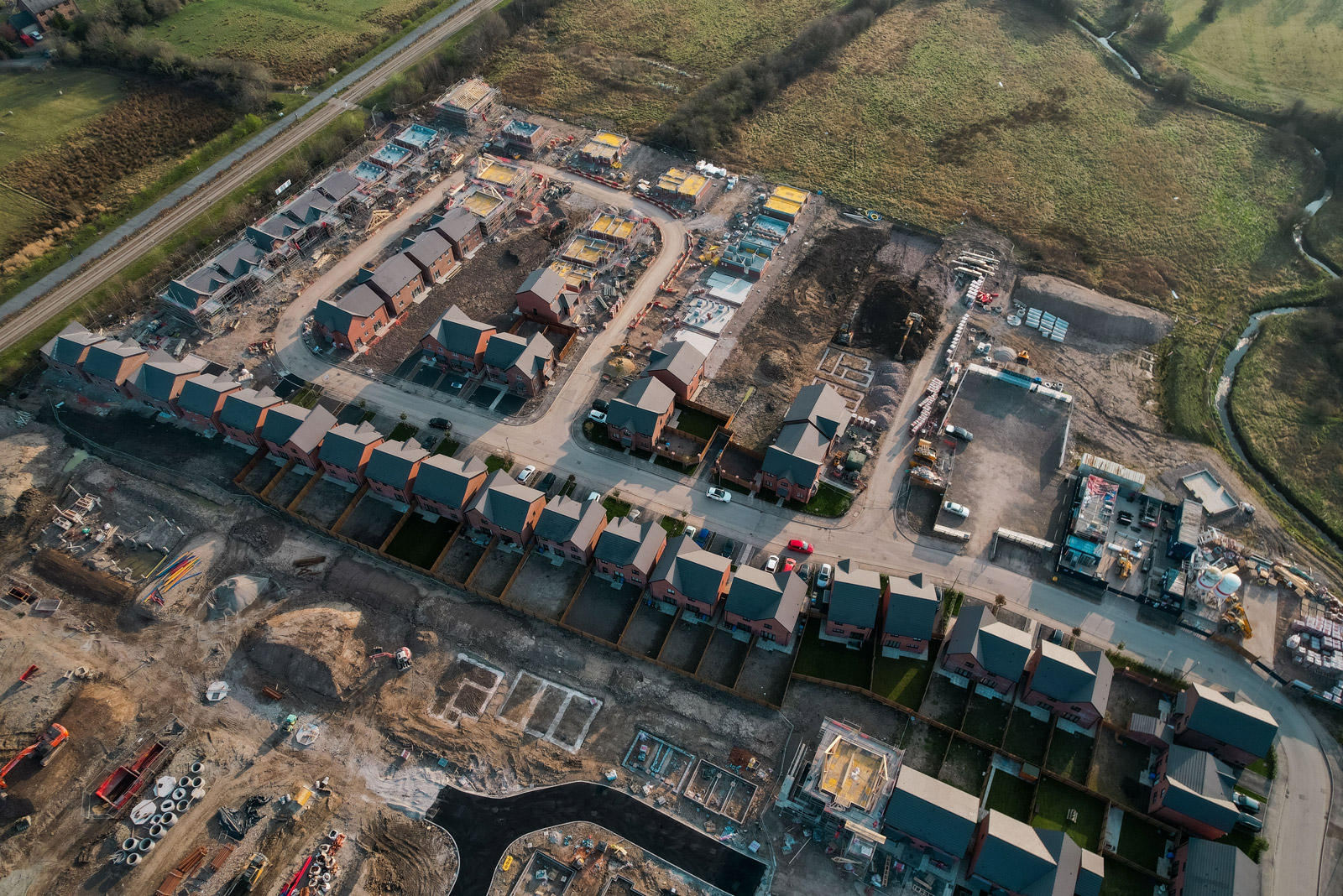Development Matters: CIL and S106 replaced by new ‘Infrastructure Levy’ proposal
Article written by:
Luke CottrellThe Department for Levelling Up, Housing and Communities has proposed a new ‘Infrastructure Levy’ (IL) under its proposed Levelling Up and Regeneration Bill. The reform will see the largest reinvention of development land tax and replace the current Community Infrastructure Levy (CIL) and Section 106, with the new IL. The consultation period ran until 9th June.
But why change? The simple answer is that planning obligations in their current form are too uncertain and are too inflexible in ever-changing market conditions, after rates are set.
RCA has reviewed these proposed changes with a fine-tooth comb and picked out the most saliant (potential) changes and impacts (we think) for our developer clients in easily digestible bullet points:
Changes (potential) |
Impact/Issues (we think) |
| - Crucially, IL will be charged on the value per square metre of the property at completion. |
- Allow developers to better price the value of the IL into what they pay for land, constraining land values and allowing planning obligations to better reflect market conditions. |
| - Increased constructions costs can be reflected in IL charge. |
- May not be responsive enough to prevent reduction in land prices and, thereby, constrain land transactions in periods of high inflation. |
| - Like CIL, IL will be non-negotiable. |
- Potentially the end of the FVA system, to be replaced with a simple before and after valuation. |
| - Greater focus on property/land value before and after development. |
- Likely requiring the support of Red Book Valuations. |
| - Vacant Building Credit (VBC) abolished. Existing floorspace will have the uplift in value captured and liable for the IL. |
- May act to limit conversions and refurbishments. |
| - Set locally and subject to final ‘reconciliation’ amount. |
- The final IL amount will not be known until late into build programs, adding uncertainty. |
| - New ‘Right to Require’ allows LPAs to set aside a proportion of the IL for affordable housing. |
- Affordable housing effectively mandatory and not subject to viability assessment. |
| - New ‘Infrastructure Delivery Strategy’ will outline strategic infrastructure plans and affordable housing delivery to inform charging. Presumably examined as part of the local plan evidence (similar to CIL viability study). |
- Will introduce additional step into plan-making process which could be time-consuming. The IL charging schedule will require at least annual updates to reflect changes to costs and market conditions. |
| - Portion of IL towards new ‘Neighbourhood Share’ to fund local infrastructure priorities. |
- Who will determine what local priorities should be funded and do they have the necessary expertise? |
| - S106 to remain on complex sites as ‘Delivery Agreements’ – in limited circumstances. |
- Do LPAs have the experience to understand the complexities of delivery? |
| - Applied above a minimum threshold. |
- Who will determine this threshold? |
| - Set across all authorities and phased-in over several years via ‘test and learn’ process. |
- What happens in the interim and what happens if the ‘test and learn’ process fails? |
| - Payment of IL made prior to completion or occupation, eliminating passing on to end user. |
- What happens if initial IL payment is insufficient? How will reconciliation payments be enforced? |
Overall, this is a more front-loaded system based on a simplified land value capture tax. But the elephant in the room for developers will be …cost? How will the cost of works tie into a non-negotiable system where contributions are applied purely on revenue? For brownfield development (being the politically preferred form) it is not uncommon for costs to far exceed value, leaving us wondering how national and local guidance will approach sites where tight viability constraints leave no headroom for additional contributions.
We also wonder how a before and after valuation will be assessed. Perhaps by an LPA tendered valuer?
Finally, IL being applied across all LPAs would rely heavily on a robust local plan making system and would require up-to-date examination of supporting documents. Unfortunately, following the most recent proposed changes to the NPPF (in December 2022), the number of LPAs who have withdrawn from their local plan reviews is at 56 (as of April 2023), largely due to Michael Gove’s proposed removal of housing targets. We would be interested to see how the IL can be introduced in the current plan making landscape.
These changes will take time to consult upon, test and introduce, meaning there is every chance the UK will have a new government by the time the IL is up and running. But a value-based land tax seems fair, and on its surface, would appear to suit a Labour Government.
For now, the current s106 and CIL duo will remain but, the window for removing unviable contributions that are threatening the deliverability of your schemes might be closing…
We offer a free initial assessment before determining whether or not an FVA is necessary and can offer our opinion on the strength of case, so do not hesitate to get in contact.
Talk to our team, call 01905 887686 or Email info@rcaregeneration.co.uk
RCA advises major Birmingham community group
RCA Regeneration has been asked to provide advice to ENTA CIC on possible funding opportunities and property issues in relation to its proposed relocation from St. Chads...
The Draft Revisions to the NPPF in Under 90 Seconds
On Saturday morning (30/01/2021), MHCLG released an open consultation on some proposed revisions to the National Planning Policy Framework (NPPF) as well as a new draft...
Is the Government’s Latest Initiative Providing Genuinely Affordable Housing?
With the country’s mind firmly fixed on the COVID-19 crisis, other, normally significant issues have had to take a back seat. One such issue are the Government’s...
RCA's 38 Days of the Housing White Paper; Day 1...
Everyday for the next 38 days we will be providing a link to our responses to the Government's Housing White Paper; here is our reply to Question 1...
Can an Independent Planning and Development Consultant Confirm Your Judgement?
Let’s begin by assuming that you have identified one or a number of potential development sites, and that you’ve already undertaken due diligence research.
Within this...
Planning for the Future
The RCA team have had steam coming out of our ears going through the Government's new planning white paper.








Leave a Comment